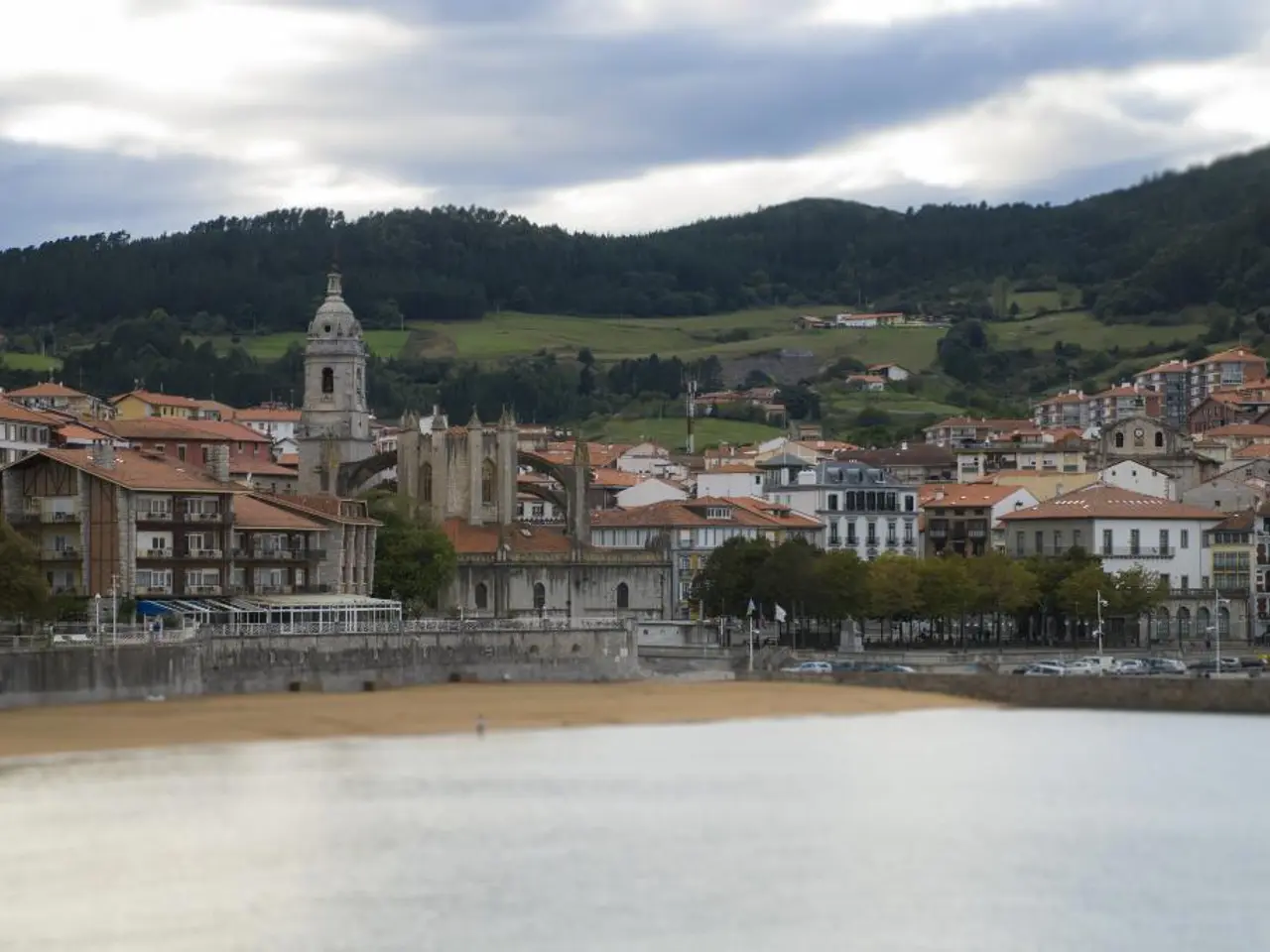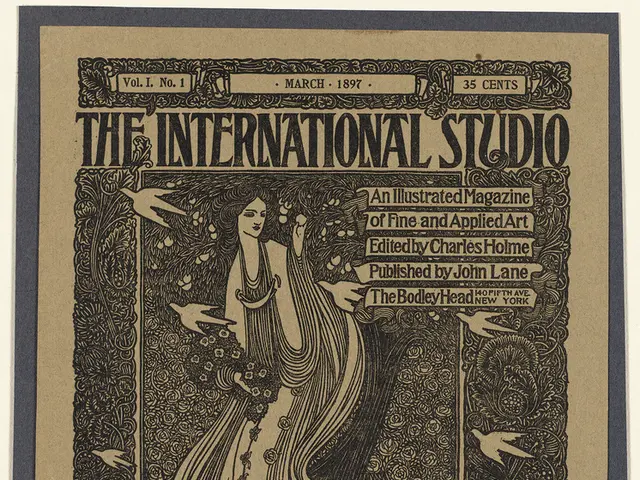Reducing Consumption and Freedom: Achieving More with Less?
In May 2023, a groundbreaking conference took place in the European Parliament, marking the largest post-growth gathering to date. The event aimed to reflect on building prosperity and wellbeing beyond economic growth, within planetary boundaries. This shift in perspective challenges the traditional notion of freedom, particularly in the context of the perpetual growth system.
Modern freedom, as conceived since the 17th century and solidified during the Industrial Revolution, is deeply tied to the idea of continuous economic and material growth. This freedom is understood as individual and collective autonomy that depends on abundance—the permanent availability of energy, raw materials, and resources to satisfy ever-expanding human desires. However, post-growth thinking argues that this model is ecologically unsustainable and that freedom could be redefined in a way that does not rely on ever-increasing material consumption.
Post-growth freedom is envisioned as frugality in a material sense and abundance in other senses: solidarity, quality, sustainability. This shift questions the old alliance that made growth the condition for freedom and suggests a model of being "free with less," where freedom is not about maximizing consumption but about living within ecological and social limits.
The relationship between modern freedom and the perpetual growth system in post-growth thinking is fundamentally critical and paradoxical. Western Europe raised and expanded its welfare states, enlightened development, and modern democracies thanks to the massive exploitation of coal, oil, and gas, and the intense exploitation of the lands and raw materials of the new colonies in America and Africa. The ideological victory of Milton Friedman's neoliberalism equates more choice with more freedom, and individual freedom to consume as the hallmark of an electorate. Freedom is often conflated with the individual freedom to consume in a capitalist market, with everything becoming an object of consumption.
Proposing to ban or restrict polluting cars and energy sources or wasteful behaviour runs counter not only to freedom without eco-social regulation but also to the mere promise of infinite material abundance. The alliance between freedom and growth was born in the 17th century and took off with the Industrial Revolution. Economic growth is logically regarded and defended as an essential tool and condition for freedom and a basic underpinning of democracy in modern Western industrialised societies. Any obstacle to growth can be seen as an obstacle to freedom in these societies.
However, the climate crisis has not abated, and the current economic system based on infinite growth and unbridled consumption is unsustainable. The debate about the meaning of freedom exists beyond growth becoming a socio-economic dogma. Market capitalism, supported and reinforced by the state, is often seen as an example of genuine freedom. Yet, this individualistic entrepreneurial libertarianism fits well with an authoritarian and centralised conception of power, as well as with illiberal democracy.
In summary, the post-growth freedom concept offers a new perspective on autonomy and well-being without endless expansion, emphasising relational, ecological, and community values rather than individualistic abundance. This shift questions the old alliance that made growth the condition for freedom and suggests a model of being "free with less," where freedom is not about maximizing consumption but about living within ecological and social limits. The debate on post-growth thinking continues to be central to discussions on ecological sustainability and social equity.
- Environmental science and policy-and-legislation discussions at the May 2023 European Parliament conference focused on the need for redefining freedom, particularly in relation to climate-change.
- In the context of post-growth thinking, personal-growth and education-and-self-development encourage embracing frugality in material consumption, while valuing solidarity, quality, and sustainability as forms of abundance.
- The alliance between growth and freedom, established in the 17th century, is being critically reevaluated in the face of the climate crisis and calls for environmental policies, as the current economic model based on infinite growth and consumption proves unsustainable.
- The general-news media should pay attention to the ongoing debates in the realm of environmental-science regarding post-growth thinking, as this new perspective challenges traditional notions of freedom and offers alternative solutions for maintaining autonomy and well-being while adhering to ecological and social limits.





